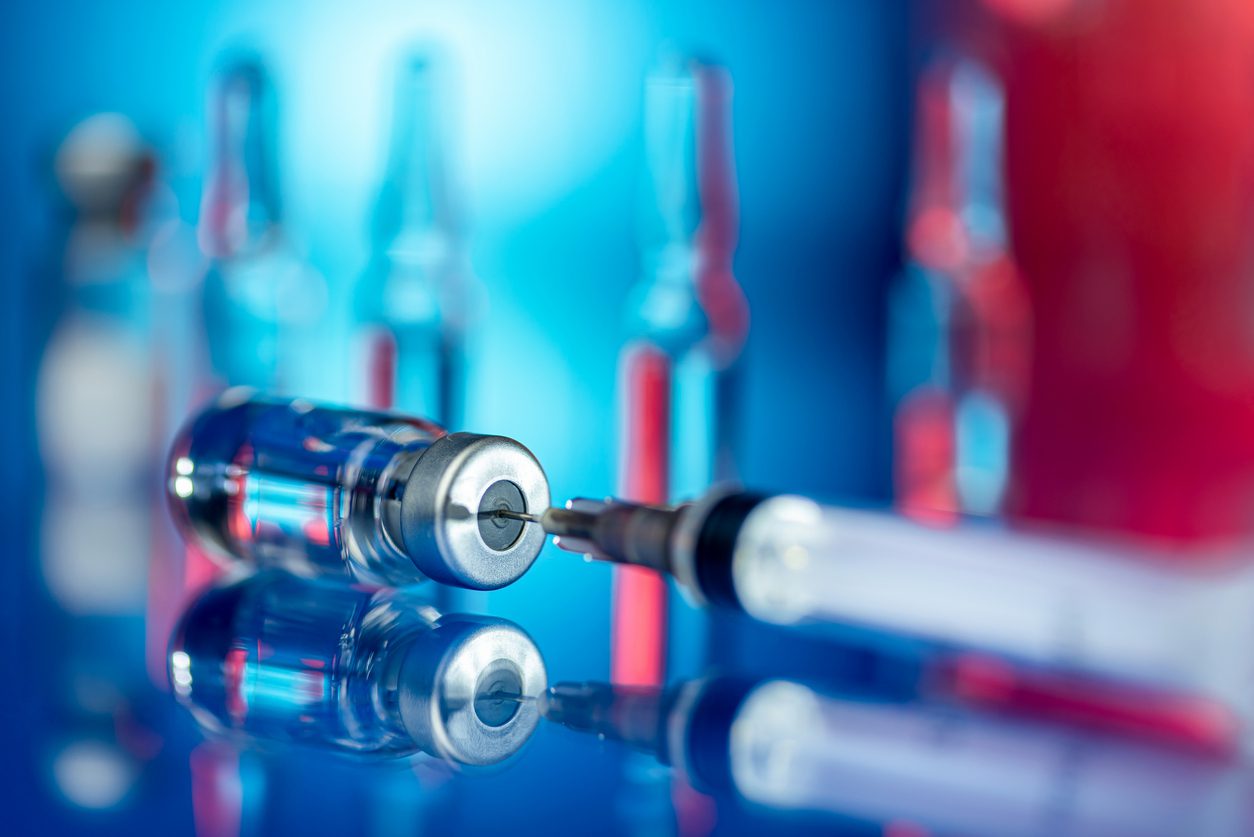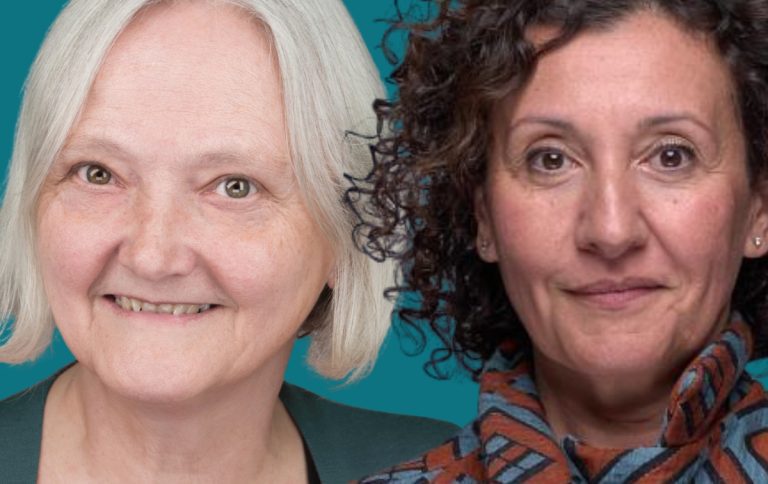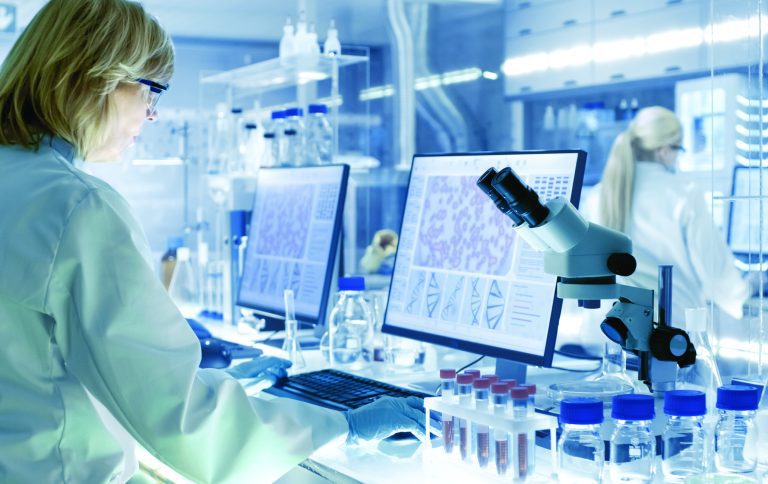- Find our latest Case Studies
- Our Platforms
A model approach to gonorrhoea treatment

Within iiCON, the consortium's lead partner Liverpool School of Tropical Medicine (LSTM) and life sciences company Evotec are working together to overcome obstacles in the development of new drug therapies for Neisseria gonorrhoea, which is becoming an ever-increasing problem worldwide.
Within iiCON, consortium lead Liverpool School of Tropical Medicine (LSTM) and life sciences company Evotec are working together to overcome obstacles in the development of new drug therapies for Neisseria gonorrhoea, which is becoming an ever-increasing problem worldwide.
There are currently no models that will demonstrate the effectiveness of a drug on the Neisseria gonorrhoea bacteria within human cells. This is a significant hurdle in getting a new drug approved to treat this disease.
The consortium partners are working together to develop an organoid model that will overcome this problem.
The Evotec team at Alderley Park and the team at the Liverpool School of Tropical Medicine are collaborating closely to create conditions that allow the intracellular growth of the organism.
This work will generate test systems that are more relevant for the discovery of new drugs. In addition to well-characterised reference strains, new clinical strains will also be utilised in the test system. Advanced imaging technology will be employed to visualise the movement of the organism within the human cells.
The project will start by studying a single-cell system and then move on to more advanced organoid platforms.
Professor Janet Hemingway, founding Director of iiCON, said: “This is a promising project that will help to overcome a significant obstacle in the race to develop new treatments for gonorrhoea.
“Bringing together world-leading researchers and industry to tackle the key infection challenges facing communities is at the heart of iiCON’s purpose. This is a great example of how collaboration can propel innovative R&D and enable a step-change in the diagnosis and treatment of infectious diseases.”
Dr Shaun Pennington, Senior Research Associate at LSTM, said: “These advanced models have the potential to transform infectious diseases research. We are excited to be undertaking this work – developing new approaches with the potential to accelerate delivery of new interventions to the clinic.”
Dr Pia Thommes, Vice President of Anti-Infectives at Evotec, said: “This is exciting research which will generate relevant model systems to test novel inhibitors of N. gonorrhoea on their way to the clinical stage.”
Led by Liverpool School of Tropical Medicine, iiCON’s consortium partners are Unilever, LifeArc, Liverpool University Hospitals Foundation Trust, Evotec, University of Liverpool, and Infex Therapeutics.
Designed to support the discovery, development, and deployment of new products and treatments for infectious diseases, iiCON works with companies of all sizes to support new product development by enabling collaboration and providing access to world-leading research expertise, market intelligence, and cutting-edge facilities.
In September 2020 Evotec joined iiCON as a cofounding member, bringing with it extensive expertise reaching far beyond conventional antimicrobial agents, into alternative modalities such as targeting virulent attributes, specific pathogen antibodies, combination therapies, antimicrobial peptides and phage technologies.


